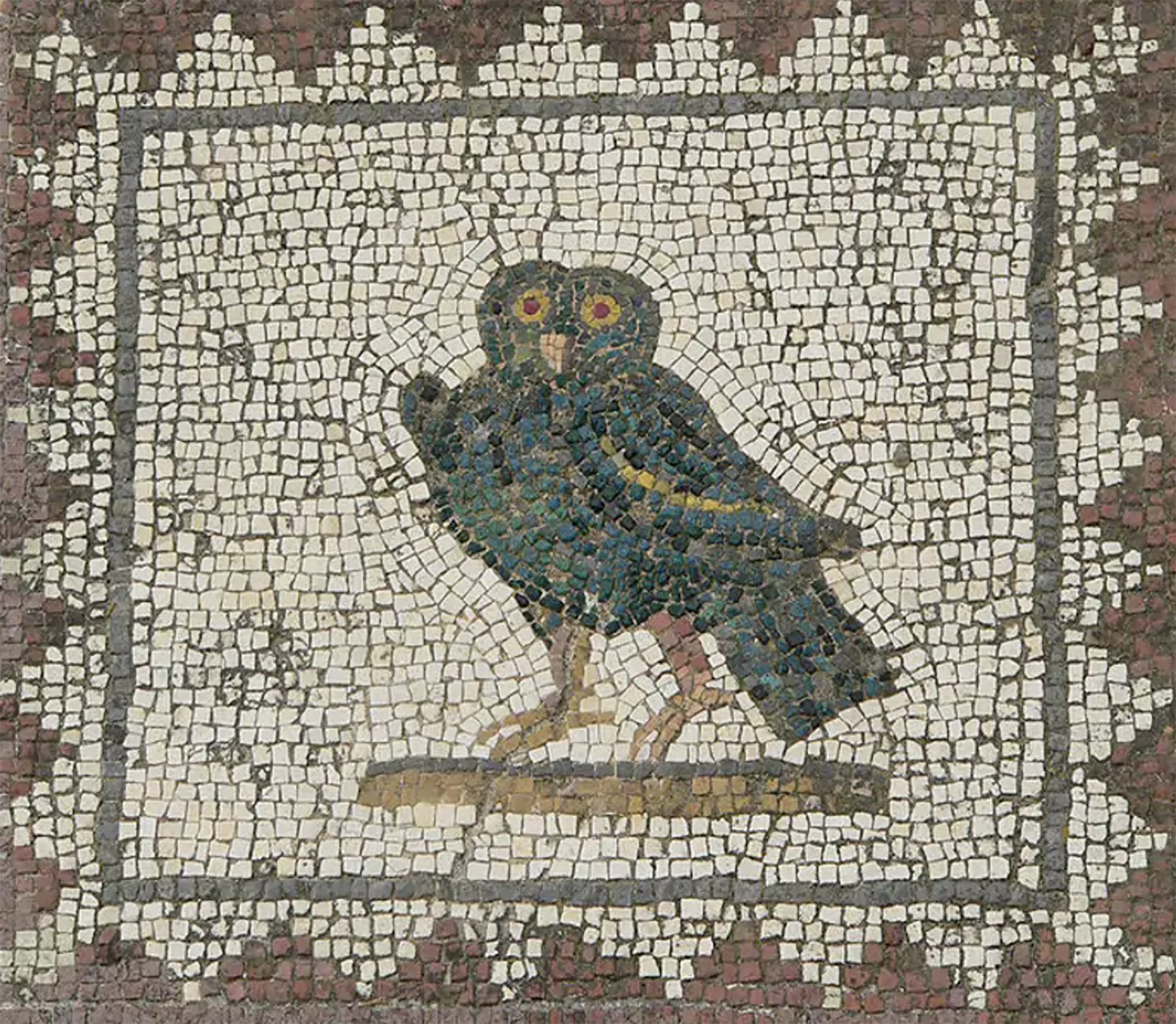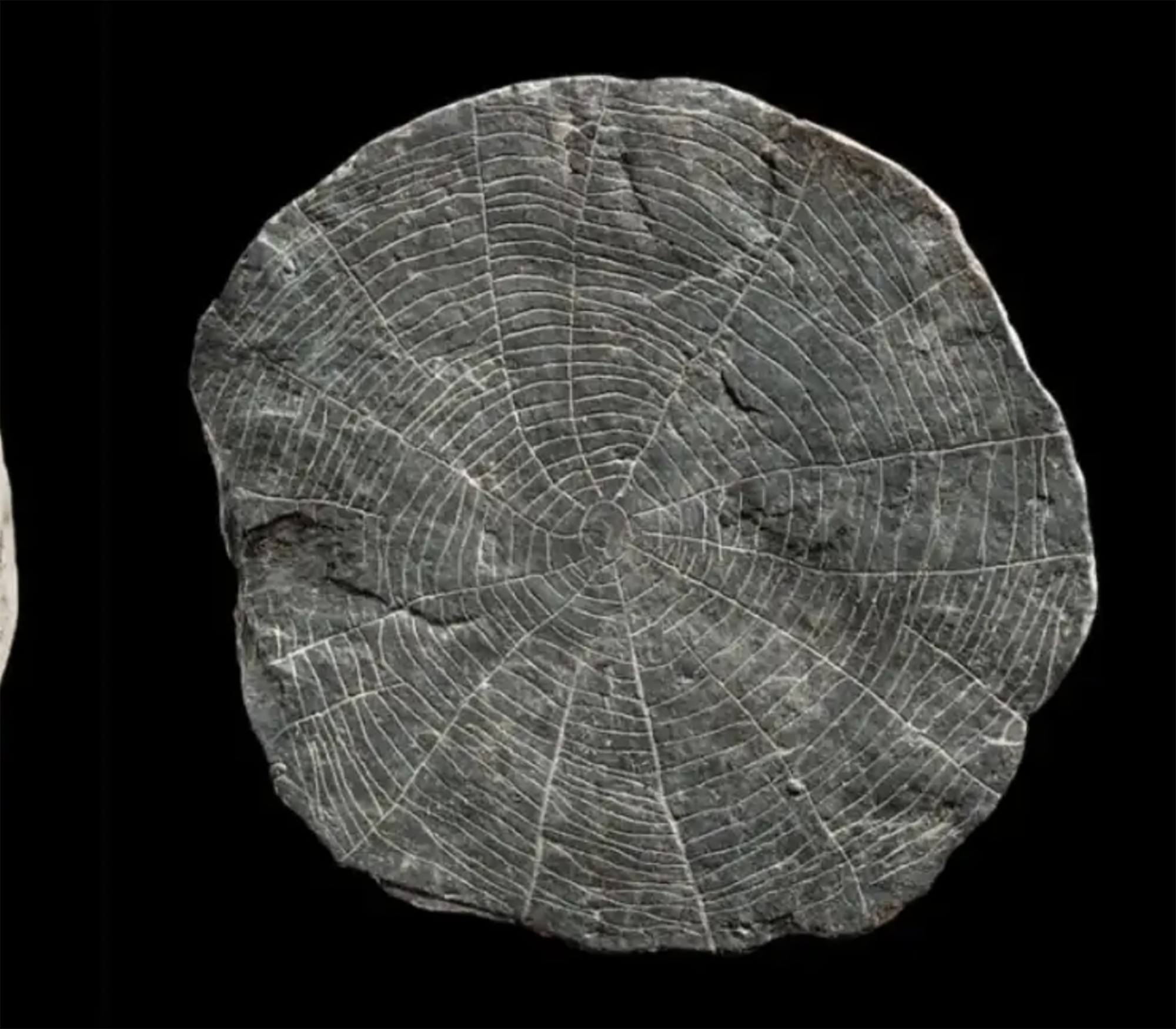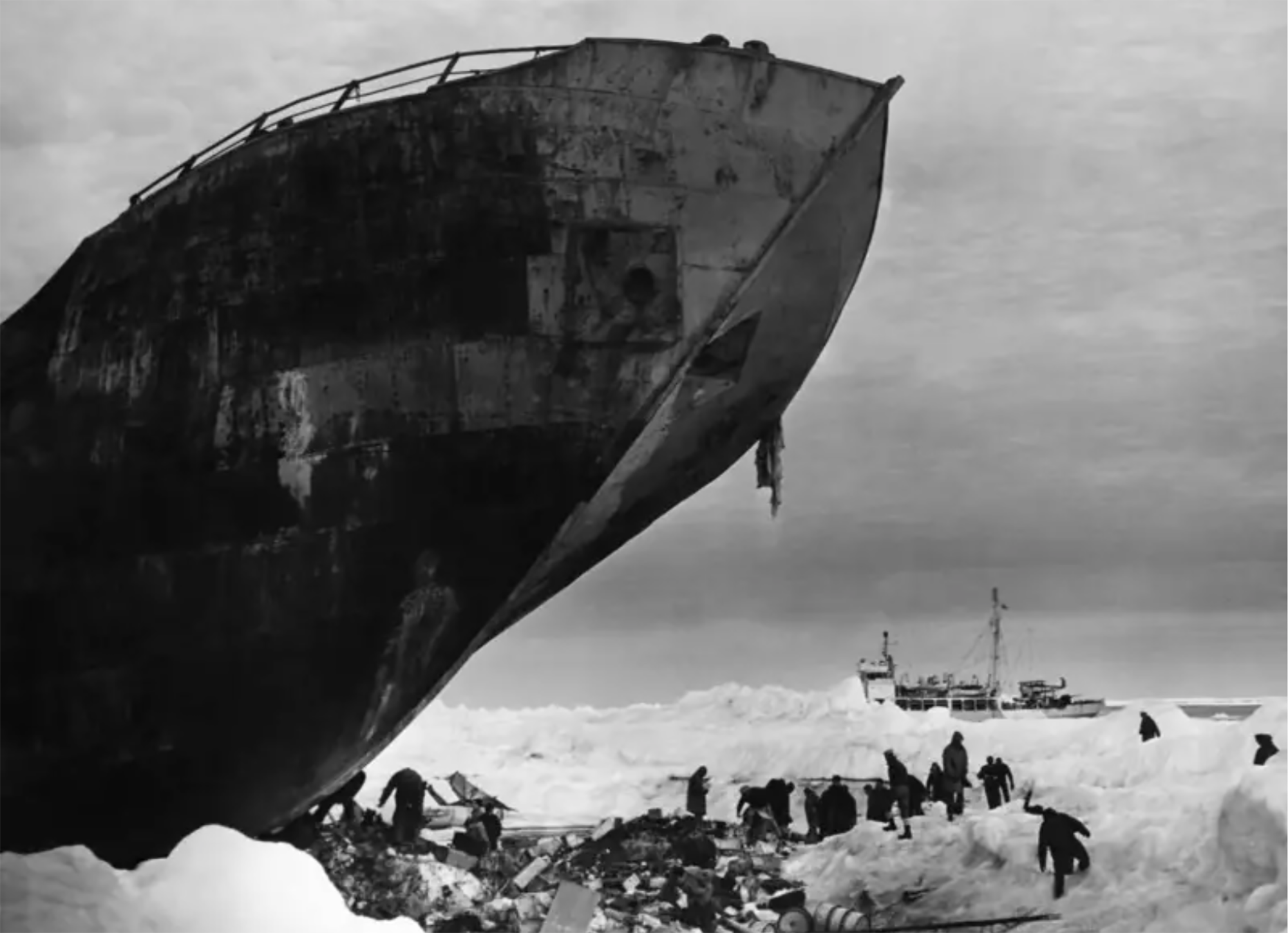First whale loss blow
- Lekeitio and Ondarroa, 11 March 1623. The fishermen's brotherhoods of both countries signed an agreement to share the whale caught together.

Tensions between the peoples of the Basque coast were very frequent, but peoples increasingly joined together to facilitate whaling and profit, albeit divided. In fact, 400 years ago things were changing: Basque fishermen, who for centuries had been leaders and pioneers in whaling, were losing that dominance, especially in favour of English and Dutch fishermen. The enemy was not in the neighboring town, but abroad.
At the beginning of the following century, in the Utretch Treaty of 1713, the Basques lost all their rights to work in Newfoundland. Yet, despite the continued increase in the number of whales hunted, populations of whales, particularly eubalaena glacialis or Basque whale, were not at risk. In the 19th century industrialization was going to push for loss. On the one hand, the steamboat and, in particular, the mechanical wall greatly facilitated whaling. But, above all, the demand for newborn industries was the main cause of the killing, as many machines needed whale oil to work. One of the main drivers of industrialization was the whales killed the railroad; whale oil was also called train oil.
Did fishing bring the whale closer and closer to the Gulf of Bizkaia or did the Basque whales want to catch it more and more?
By then the Basque fishermen were already out of business, so it could be thought that they had no direct responsibility for the destruction of whales.
Humans began exploiting whales, taking advantage of deteriorated whales, and hunting those approaching the coast. The Basques began this way, but in the 14th and 15th centuries they had to go further and further in their search. It is difficult to calculate whale populations of the time and the number of whales captured. Did fishing bring the whale closer and closer to the Gulf of Bizkaia or did the Basque whales want to catch it more and more? Until then, whales were captured for domestic consumption, but Basques pushed the trade in whale products further. With huge profits, they started the whaling industry.
Thus, Basque whales are responsible for the business culture that established the dead whale only for its quantity. Others would put whales in serious danger of extinction, but the Basques provided them with tools to do so.
Luxorren, Erregeen Haranetik gertu, hilobi garrantzitsu baten sarrera eta pasabide nagusia aurkitu zituzten 2022an. Orain, alabastrozko objektu batean Tutmosis II.aren kartutxoa topatu dute (irudian). Horrek esan nahi du hilobi hori XVIII. dinastiako faraoiarena... [+]
AEB, 1900eko azaroaren 6a. William McKinley (1843-1901) bigarrenez aukeratu zuten AEBetako presidente. Berriki, Donald Trump ere bigarrenez presidente aukeratu ondoren, McKinleyrekiko miresmen garbia agertu du.
Horregatik, AEBetako mendirik altuenari ofizialki berriro... [+]
Urruña, 1750eko martxoaren 1a. Herriko hainbat emakumek kaleak hartu zituzten Frantziako Gobernuak ezarritako tabakoaren gaineko zergaren aurka protesta egiteko. Gobernuak matxinada itzaltzeko armada bidaltzea erabaki zuen, zehazki, Arloneko destakamentu bat. Militarrek... [+]
In the Maszycka cave in Poland, remains of 18,000 years ago were found at the end of the 19th century. But recently, human bones have been studied using new technologies and found clear signs of cannibalism.
This is not the first time that a study has reached this conclusion,... [+]
Porzheim, Germany, February 23, 1945. About eight o’clock in the evening, Allied planes began bombing the city with incendiary bombs. The attack caused a terrible massacre in a short time. But what happened in Pforzheim was overshadowed by the Allied bombing of Dresden a few... [+]
Poloniar ikerlari talde batek Sevillako Italica aztarnategiko Txorien Etxea aztertu du, eta eraikinaren zoruko mosaikoak erromatar garaiko hegazti-bilduma xeheena dela ondorioztatu du.
Txorien etxean 33 hegazti daude mosaikoetan xehetasun handiz irudikatuta. Beste... [+]
Judea, 2nd century AD. In the turbulent atmosphere of the Roman province, a trial was held against Gaddaliah and Saul, accused of fraud and tax evasion. The trial was reported on a 133-line paper in Greek (pictured). Thinking that it was a Nabataean document, the papyrus was... [+]
Vietnam, February 7, 1965. The U.S. Air Force first used napalma against the civilian population. It was not the first time that gelatinous gasoline was used. It began to be launched with bombs during World War II and, in Vietnam itself, it was used during the Indochina War in... [+]
Archaeologists have discovered more than 600 engraved stones at the Vasagård site in Denmark. According to the results of the data, dating back to 4,900 years ago, it is also known that a violent eruption of a volcano occurred in Alaska at that time. The effects of this... [+]
Japan, 8th century. In the middle of the Nara Era they began to use the term furoshiki, but until the Edo Era (XVII-XIX. the 20th century) did not spread. Furoshiki is the art of collecting objects in ovens, but its etymology makes its origin clear: furo means bath and shiki... [+]
In an Egyptian mummy of 3,300 years ago, traces of Yersinia pestis, the bacterium that caused the Justinian plague in the 6th century and the Black Plague in the 14th century, have just been found.
Experts until now believed that at that time the plague had spread only in... [+]
Greenland, the end of the 10th century. The first Scandinavian explorers and settlers arrived on the island. But by the 15th century these settlements had been abandoned and the original Inuit remained. But in 1721, the missionary Hans Egede organized an expedition and the... [+]
In 2017, Indonesia and the Netherlands signed an agreement to return the heritage stolen by the European country because of colonialism for three centuries. The Indonesian responsible for the return process, Gusti Agung Wesaka Puja, explained that this agreement "was important in... [+]
Greece 1975. The country began the year as a republic, three weeks earlier, in the referendum on 8 December 1974, after the citizens decided on the end of the monarchy.
A decade earlier, in 1964, when King Paul I died, his son Constantine took the throne at the age of 23.
But... [+]
Copenhagen, 18 December 1974 At 12 noon a ferry arrived at the port, from where a group of about 100 Santa Claus landed. They brought a gigantic geese with them. The idea was to make a kind of “Trojan Goose” and, upon reaching the city, to pull the white beard costumes... [+]

























